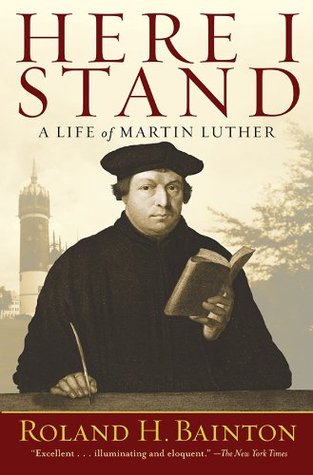More on this book
Kindle Notes & Highlights
Luther felt that his depressions were necessary.
Seek company and discuss some irrelevant matter as, for example, what is going on in Venice. Shun solitude. “Eve got into trouble when she walked in the garden alone. I have my worst temptations when I am by myself.” Seek out some Christian brother, some wise counselor. Undergird yourself with the fellowship of the church. Then, too, seek convivial company, feminine company, dine, dance, joke, and sing. Make yourself eat and drink even though food may be very distasteful.
Music was especially commended.
Home life was a comfort and a diversion. So also was the presence of his wife when the Devil assaulted him in the night watches. “Then
Manual labor was a relief.
In all this advice to flee the fray Luther was in a way prescribing faith as a cure for the lack of faith.
Let him portray for us, with all his power and poignancy, the spiritual despondencies of the biblical characters and the way in which they were able to find the hand of the Lord.
If he had known that this was only a trial, he would not have been tried. Such is the nature of our trials that while they last we cannot see to the end.
Never in history was there such obedience, save only in Christ.
See how divine majesty is at hand in the hour of death. We say, “In the midst of life we die.” God answers, “Nay, in the midst of death we live.” Luther once read this story
Luther’s later years are, however, by no means to be written off as the sputterings of a dying flame. If in his polemical tracts he was at times savage and coarse, in the works which constitute the real marrow of his life’s endeavor he grew constantly in maturity and artistic creativity.


